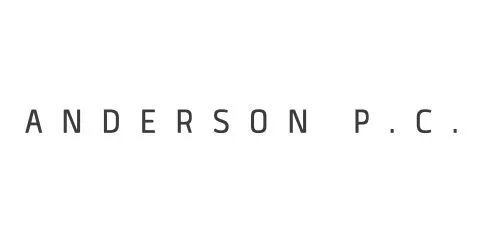As Tether, the largest stablecoin issuer in the crypto market, faces increasing regulatory pressure, CEO Paolo Ardoino recently underscored the company's complex relationship with U.S. authorities in an interview with CoinDesk. Despite Tether's compliance with international sanctions and cooperation with law enforcement, Ardoino acknowledged that the company's survival ultimately depends on the discretion of U.S. regulators. "If the U.S. wanted to kill us, they can press a button and kill us anywhere," Ardoino stated, adding that Tether's approach is not to challenge U.S. authority directly.
Balancing Compliance with Independence
Ardoino highlighted Tether's extensive compliance efforts, noting the company's integration of the FBI, U.S. Secret Service, and Department of Justice (DOJ) into its systems and compliance checks. Despite these measures, he acknowledged that Tether's image in the public eye may not fully reflect its behind-the-scenes efforts. "We may not be the best in presenting ourselves, but what matters is that we onboarded the FBI," he added, emphasizing Tether's commitment to regulatory cooperation.
Tether's compliance approach seems designed to bridge a delicate balance: supporting U.S. regulatory initiatives while preserving the flexibility to serve the global demand for a dollar-backed alternative. Ardoino's comments reflect Tether's awareness of its reliance on U.S. approval, especially as stablecoins attract increasing attention from U.S. regulators who are scrutinizing potential risks in the financial ecosystem.
The Global Appeal of a Non-Sovereign Dollar Alternative
Matt Levine's Money Stuff recently discussed Tether's unique position as a dollar-denominated asset outside traditional U.S. financial controls, highlighting its appeal for nations and entities seeking alternatives to U.S.-dominated financial systems. As global markets adapt to an evolving regulatory landscape, Tether's value proposition lies in its ability to function like the dollar without the direct influence of U.S. fiscal policy. This alternative currency structure appeals to commodity trading firms, international merchants, and regions seeking financial autonomy from the U.S. regulatory reach, where Tether's flexibility supports trade financing in emerging markets.
However, Tether's positioning remains a double-edged sword. While Tether's independence from the U.S. banking system is a key selling point for certain international users, it also draws heightened scrutiny from U.S. authorities concerned with ensuring stability and preventing illicit financial activities within dollar-denominated assets.
The Future of Tether and Regulatory Relations
Ardoino's recent statements underscore Tether's vulnerability to U.S. intervention but also reflect the company's proactive efforts to align with U.S. compliance standards. This complex relationship illustrates the tension between the increasing global demand for alternative payment systems and the U.S. government's commitment to maintaining oversight over dollar-backed assets.
As regulatory frameworks for stablecoins continue to develop, Anderson P.C. will closely monitor Tether's regulatory trajectory, especially concerning international finance, sanctions compliance, and potential impacts on U.S. policy regarding digital assets. For clients navigating the digital asset space, these developments underscore the importance of understanding both domestic and international compliance obligations in an environment where regulatory oversight is intensifying.
The content of this article is intended to provide a general guide to the subject matter. Specialist advice should be sought about your specific circumstances.


